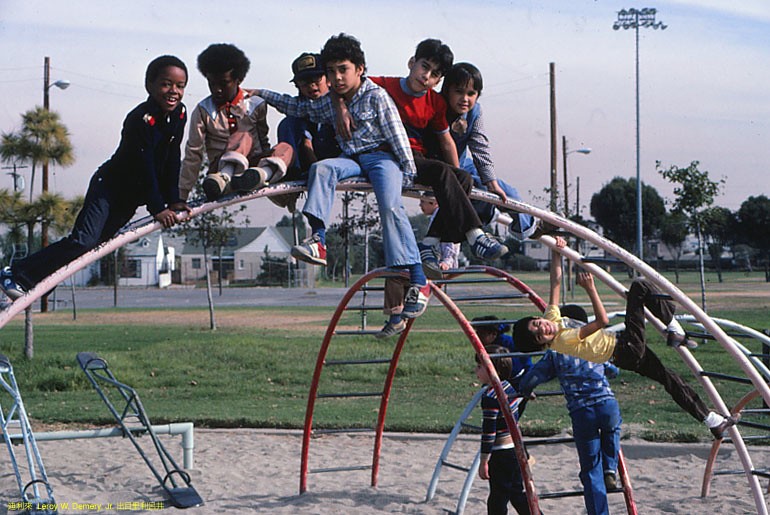
Play is an important part of a child’s development as it contributes to the cognitive, physical, social, and emotional well-being of the child.
The play also offers an ideal opportunity for parents to interact with their kids and develop a bonding between the two.
Benefits of playing
- At an early age, play allows the child to create and explore the world, lower down their anxiety about the external world.
- After knowing their environment, play helps them to develop new skills and enhance their confidence for future challenges.
- Undirected play helps them to learn how to work in groups, and enhance component of sharing and caring.
- It helps them in decision making, find their area of interest.
- It helps in the development of gross motor and fine motor skills.
- Participation of the parent in play helps in building a relationship with them and enhance their communication skills.
- Play is an integral part of the academic environment. It enhances a child’s social skills, learning readiness, learning behavior, and problem-solving skills.
(These points about play have been studied and proven in various studies)
YOU MAY LIKE TO READ: Child Rights Experts Highlight Need To Understand Full Impact Of Covid-19
Repercussions of reduced play
Despite the many benefits of play, time for free play is markedly reduced for some children. Parents are swayed by the marketing gimmicks of exposing their children to every opportunity to excel, by providing multiple options/ activities specialized to enhance their intellectual skills.
As a result, children are overscheduled and there is no time for free play. It is a known fact that organized activities do help in the development of the child, but highly scheduled children can have anxiety and other mental disorders.
Also, they start losing their creativity and social skills. The current trend to provide the best opportunities creates a pressure-filled environment which is detrimental to the developmental growth of the child and can cause emotional distress. Also, children prefer spending time on passive entertainment rather than active play as it requires more creativity and effort.
YOU MAY LIKE TO READ: Covid-19 Threatening India’s Gains in Protecting Children Against Pneumonia, Diarrhea: IVAC Report
Factors that have led to reduced free play
- Both working parents and nuclear families lead to no adult supervision in the household. This leads the parents to schedule the child for various organized activities, to keep him busy and hence no time to play.
- Commercial platforms creating hype on the developmental skills at an early age. They have made us believe that good parenting means keeping the child enrolled in every opportunity provided by them. Overscheduling the child is becoming a trend now.
- The pressure for the school admission or college admission, the unbelievable perfect cutoff have made believe the parents that instead of play, going for academics or honing of skills at an early age will help them in this rat race.
- Nowadays a majority of the free time is used in video games/ television or passive entertainment. In spite of the harmful effects of passive entertainment, TV, mobiles have become all-time favorites as they are easily available and addictive.
Thus, looking at both the pros and cons, it can be concluded that it is good to recognize the advantages of increased exposure and enriched academics, but free play is equally important for the cognitive, mental, physical health of the child.
The factors leading to the reduction of play should be dealt with to create ample time for the mental and physical growth of the child.











